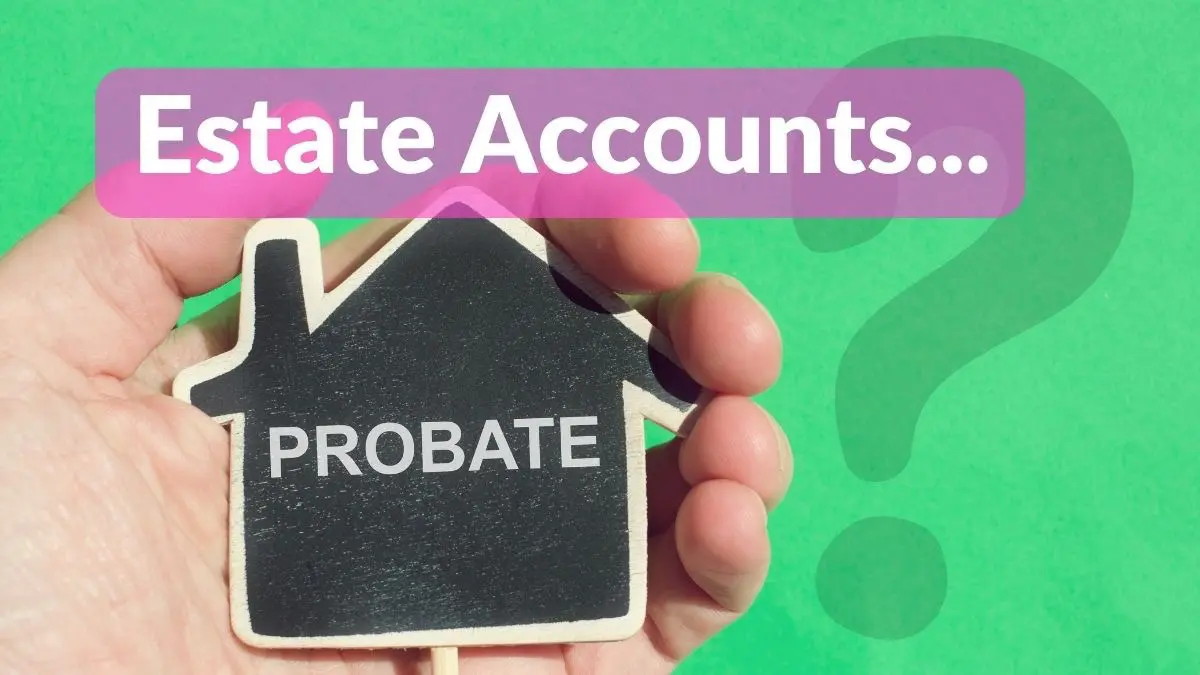
Jack Callow
Paralegal- Private Client
Trusts are powerful tools for estate planning, tax mitigation, and protecting assets for future generations. But with these benefits comes a growing layer of regulatory responsibility. In recent years, trust registration has become a crucial topic, especially following updates under anti-money laundering regulations.
Whether you’re a trustee, beneficiary, or advisor, understanding when a trust needs to be registered is essential. In this blog, we’ll cover the rules around trust registration and take a closer look at the particular requirements for life interest trusts (also known as interest in possession trusts).
Why Do Trusts Need to Be Registered?
Trust registration mainly stems from efforts to prevent money laundering and terrorist financing. In the UK, for example, the Trust Registration Service (TRS) was introduced by HMRC, with the legal basis laid down under the Money Laundering, Terrorist Financing and Transfer of Funds Regulations 2017 (updated in 2020).
Under these rules:
- Most express trusts must now be registered.
- Some trusts, even if low-risk or domestic, may still fall within the scope.
- Trustees are responsible for ensuring compliance.
Failure to register a trust when required can result in penalties, interest charges, and reputational damage.
Which Trusts Must Be Registered?
Trusts must be registered if they are:
- Liable for UK tax: such as Income Tax, Capital Gains Tax, Inheritance Tax, Stamp Duty Land Tax, etc.
- Non-taxable express trusts: certain non-taxable trusts still need registration (since September 2022) unless they fall into an exempt category.
Exempt trusts include:
- Charitable trusts
- Certain pension trusts
- Trusts holding life insurance or compensation payments
- Will trusts (provided they hold the estate assets for up to 2 years after the person’s death)
- Trusts for bereaved children
What Is a Life Interest Trust?
A life interest trust (or interest in possession trust) gives a named beneficiary (the life tenant) the right to:
- Receive income from the trust assets (e.g., rental income, dividends), or
- Enjoy the use of trust property (e.g., living in a house) for their lifetime.
After the life tenant’s death (or another triggering event), the trust capital passes to other beneficiaries (known as remaindermen). Life interest trusts are common in wills, estate planning, and family wealth preservation strategies.
Most non-taxable Life Interest Trusts will need to be registered where they continue for more than 2 years.
A common example of this type of trust is where property is held as tenants in common, and on the death of an owner the terms of their will give the surviving owner a continuing right of occupation. With further provisions for their share to pass on to other beneficiaries, once the surviving owner has passed away.
Do Life Interest Trusts Need to Be Registered?
The short answer is, usually, yes.
- If the Life Interest Trust Is Liable for Tax
If the trust generates income or capital gains above certain thresholds, or if it holds assets subject to inheritance tax, registration with the TRS is mandatory.
Typical taxable events include:
- Rental income from a property held in trust
- Dividends from shares owned by the trust
- Capital gains on asset sales
- Inheritance tax on trust creation (particularly for discretionary trusts)
In these cases, the trust must be registered even if it was created during a lifetime or by will.
- Thresholds and Deadlines
- Taxable trusts: must register by 31 January following the end of the tax year when tax liability arose.
- Non-taxable trusts created on or before 6 October 2020 had until 1 September 2022 to register.
- New trusts: must register within 90 days of creation or becoming registrable.
Special Scenarios for Life Interest Trusts
|
Scenario |
Does It Need to Be Registered? |
Notes |
|
Life interest trust created under a will, still within 2 years of death |
No |
Exempt initially |
|
Life interest trust created under a will, more than 2 years after death |
yes |
Unless another exemption applies |
|
Lifetime-created life interest trust with rental income |
Yes |
Taxable income triggers registration |
|
Trust holding a home for a surviving spouse to live in |
Likely yes |
Treated as an express trust |
Trustee Responsibilities
If you’re a trustee of a life interest trust, you must:
- Check if the trust needs to be registered.
- Gather information about the settlor, beneficiaries, and trustees.
- Keep records up to date.
- Notify HMRC of any changes within 90 days.
Registration is completed via the Trust Registration Service (TRS) portal, and trustees should maintain regular compliance checks.
In conclusion, the trust registration landscape has become significantly more complex. Life interest trusts, despite being relatively straightforward in their structure, often do require registration, especially after two years following a death or if any taxable event arises.
If you’re managing or advising on a trust, don’t assume it’s exempt — always double-check. Given the potential penalties for non-compliance, it’s better to be cautious and seek professional advice if in doubt.
Need help registering a life interest trust?
Whether it’s a simple trust or something more complex, professional guidance can save time, stress, and money — and give you peace of mind that you’re on the right side of the law. Our specialists, Paula Tedder, Jack Callow and Charlie White, would be more than happy to assist you with any Trust Matters and can be contacted on 01296 424 681.



